


7.00pm
Thursday 22 February
Queen Elizabeth Hall






7.00pm
Thursday 22 February
Queen Elizabeth Hall



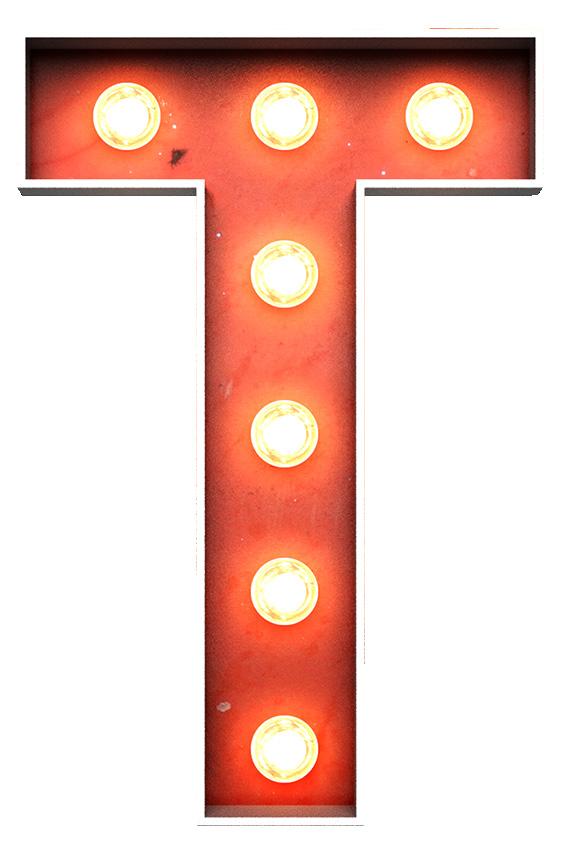

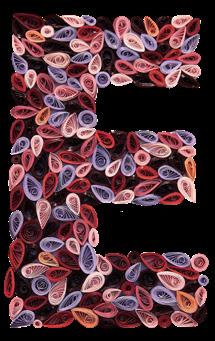



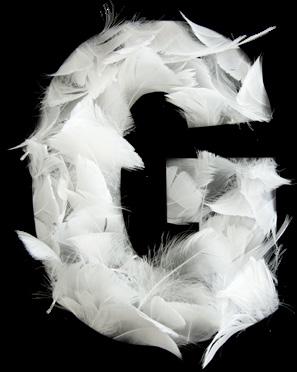

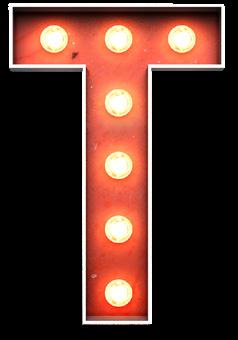
“What we call the beginning is often the end And to make an end is to make a beginning. The end is where we start from.”
From Four Quartets by TS Eliot
Welcome to our 2023 / 24 season here at the Southbank Centre.
TS Eliot presents us with the conundrum of progress. How do ideas evolve, where do we continue, where do we originate? If it is true that you can hear the foundation of Bach, the great building blocks of western music, in the sound of Mendelssohn, can’t you also hear the sparkling innovation in Mozart that announces the genius of later generations? In the risk-taking dissonances and melodic invention of Purcell, that gives his words a brilliant musical drama, don’t we find the revolutionary tinder that inflames the subversive settings of Mozart’s operas, The Marriage of Figaro and The Magic Flute? What do we make of our tidy system of catalogues, of order, of convenient bundling into artistic periods – a history we like to describe as passing from ‘medieval’ to ‘romantic’ – when truth is repeatedly less convenient; when the Christmas Oratorio, Bach in his stylistic prime, is just 25 years earlier than Haydn’s first symphony, no less a statement of artistic assurance; when Mendelssohn’s third symphony was really his last.
If you find all of this puzzling, if not downright confusing, then you have come to the right place. So do we.
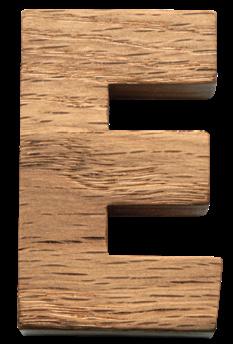
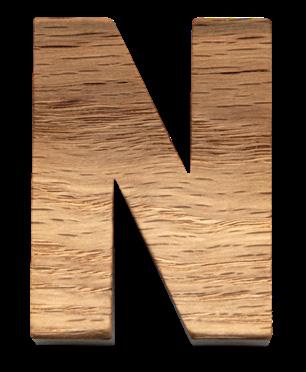




2023/24Season
Music is always part of a story. It might be that of a composer, the musicians performing it, or the audience absorbing it. It can be part of a collective chronicle or individual memories. It can hold the saga of a nation. In that sense we are always at the end, looking back.
The stories come alive when we begin to experience the music and curiosity drives us to begin our own journey. In our 2023 / 24 season of concerts at the Southbank Centre it is that desire to untangle the beginnings and endings – and all the bits in the middle – that has shaped our musical choices.
Thank you for joining with us to puzzle together this magnificent season.
It is a season built, of course, around the remarkable musicians of the OAE working with great artistic veterans, the guardians of the future and inspiring new generation talent. But the final, and most important, piece of the jigsaw is YOU. By being here in the audience today you have made the choice to support artistic endeavour, to sustain it and to be part of the story. Bravo.
Tonight’s concert celebrates love in its many shapes. We might be a week past St Valentine’s Day, but as musicians we are almost always ready to stand on a stage, any stage, and declare our passions.
Most obviously we see the spectrum of Mozart’s loves. There is his love of the theatrical. When in the theatre, Mozart seems to find an even higher level of inspiration to illuminate human experiences. We are reminded in Così fan tutte and The Marriage of Figaro that love – and indeed, music – are not subservient or predictable, but vibrant, capricious and capable of bringing about huge change in the world about us. There is his lifelong love for the soprano voice. Whenever there is a message Mozart wants us to hear – secular or sacred – he so often seems turns to the soaring, angelic tone of a soprano, and often with a particular performer in mind. The tenderness and fierceness of this writing also touches on his devotion to his wife, Constanze, herself a singer. And finally, we recall the way he nurtured his audiences. For whilst he might have joked about the tastes of the Parisian audience, it seems he never tired of giving joy and receiving love from his audiences.
Then there are the bonds of affection that flow between musicians to make memorable events. The OAE first met Riccardo Minasi at Glyndebourne Festival Opera’s production of Così fan tutte in 2021. Tonight’s programme is, in part, curated for a reunion, the chance to renew a friendship that was forged in the orchestra pit and put that centre stage. We are thrilled to be working again with Louise Alder, whose brightly risen star reminds the OAE of the importance of supporting emerging talent.
Last, but certainly not least, there is the love we all have for Mozart and his music. To spend an evening in his company reminds us of the sheer exhilaration of being human, why music brings people closer together and shows us a better way forward. Mozart may not be the only musician in the last 250 years to have reached into our hearts in this way – there are surely few who have done it with more charm, wildness and zeal.
There will be a pre-concert talk ‘Let’s Party like it’s 1778: from Paris to the present’ by Robert Samuels at 6.00pm in the Southbank Centre’s Queen Elizabeth Hall.
Thursday 22 February 2024
7.00pm at the Southbank Centre’s Queen Elizabeth Hall
(1756 – 1791)
Così fan tutte Overture
Alma grande e nobil core, K 578
‘Come scoglio immoto resta’ from Così fan tutte
Don Giovanni Overture
‘Eh Susanna non vien’ and ‘Dove sono i bei momenti’ from Le nozze di Figaro
Interval
Le nozze di Figaro Overture
‘Voi che sapete’ from Le nozze di Figaro
Bella mia fiamma, addio!, K 528
Symphony No. 31 ‘Paris’
I. Allegro assai
II. Andante
III. Allegro
Louise Alder soprano
Riccardo Minasi conductor
This concert is supported by Bruce Harris and Selina & David Marks
Violins I
Huw Daniel
Kati Debretzeni
Nia Lewis
Daniel Edgar
Rodolfo Richter
Claire Holden
Rebecca Livermore
Claudia Delago-Norz
Violins II
Margaret Faultless
Alice Evans
Rachel Isserlis
Debbie Diamond
Anna Curzon
Stephen Rouse
Violas
Max Mandel
Oliver Wilson
Martin Kelly
Annette Isserlis
Kate Heller
Cellos
Luise Buchberger
Catherine Rimer
Andrew Skidmore
Ruth Alford
Basses
Cecelia Bruggemeyer
Paul Sherman
Giuseppe Ciraso-Calì
Players in bold are OAE principal players
Flutes
Lisa Beznosiuk
Katy Bircher
Oboes
Alexandra Bellamy
Lars Henriksson
Clarinets
Katherine Spencer
Sarah Thurlow
Bassoons
Christopher Rawley
Sally Jackson
Horns
Roger Montgomery
Martin Lawrence
Trumpets
David Blackadder
Phillip Bainbridge
Timpani
Adrian Bending
Richard Bratby
Vienna: 26 January 1790. At the Burgtheater the curtain is about to go up on Mozart and Lorenzo da Ponte’s new opera Così fan tutte, or The School for Lovers. No-one, at this point, knows precisely what to expect: unlike Mozart and Da Ponte’s previous collaborations Le nozze di Figaro and Don Giovanni, the plot of the new opera is wholly original and tailored to a particular group of performers. In fact, art and life seem to have crossed cheerfully from fact to fiction, stage to reality, during its creation.
Da Ponte, after all, was a past master in the realm of sexual politics. He was a friend of the era’s most notorious playboy, Giacomo Casanova, and he’d recently fallen in love with a star soprano, Adriana Ferrarese del Bene, known as “La Ferrarese”. She was to play Fiordiligi, one of the opera’s two sisters. Mozart, too, had an interest to declare. The previous summer, his wife Constanze’s innocent flirtations at the spa in Baden had turned him briefly into another character from the opera: the jealous Ferrando. ‘I am glad when you’re

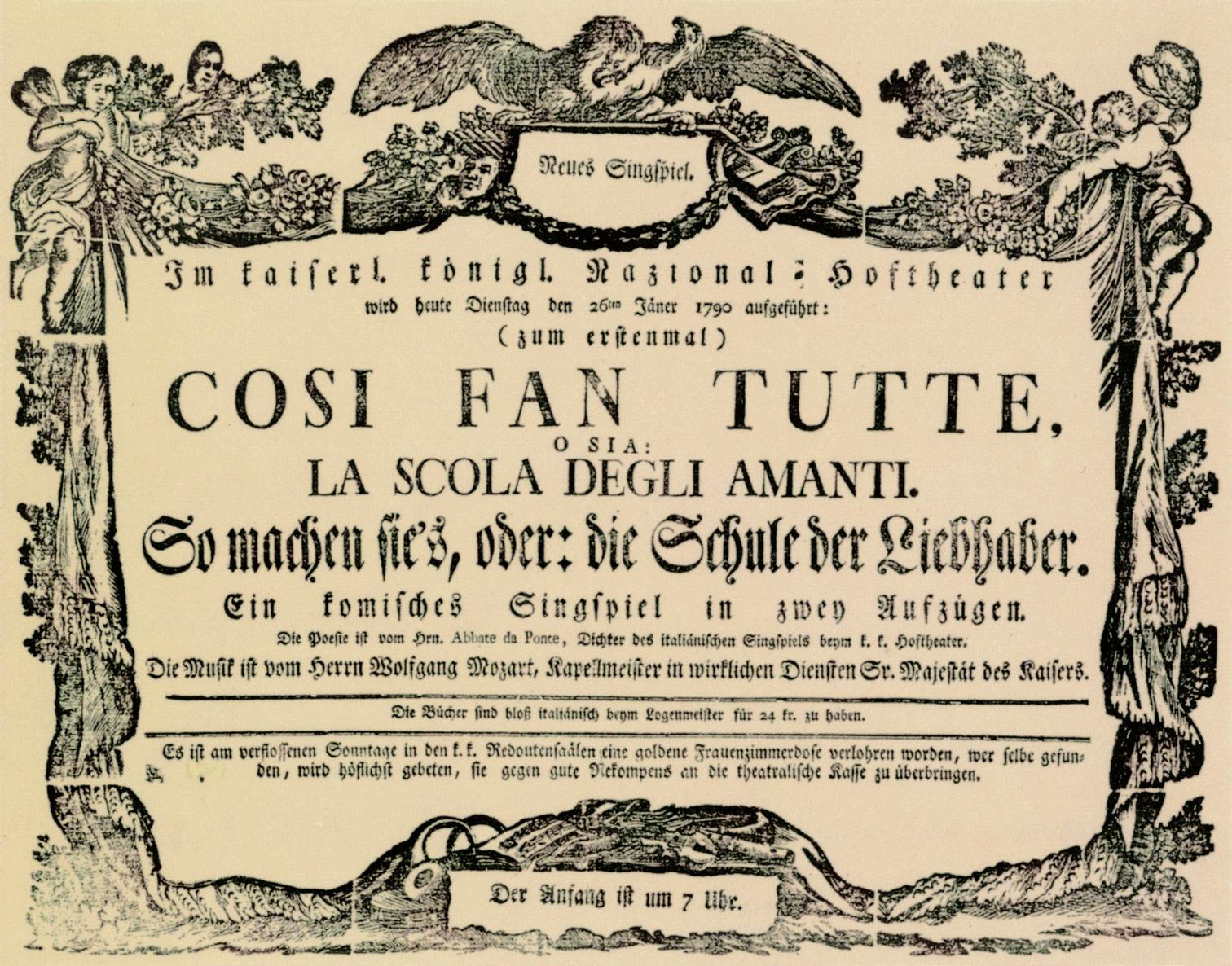
having fun, I really am’ he wrote ‘I just wish you’d tone it down a bit, otherwise people will talk!’. It’s been suggested that Fiordiligi’s coquettish sister Dorabella is directly modelled on Constanze Mozart – though the performer that night was another Italian soprano, Louise Villeneuve.
Whatever; when the curtain went up on Così fan tutte, love was unquestionably in the air. The Overture sets the mood without spoilers: an attention-grabbing, gently moralising introduction which wordlessly quotes the opera’s motto-title (loosely translated, it means “Women are all the same”), followed by a chattering, whirling allegro: light enough for comedy, but with an edge of anxiety – of selfawareness – that comes from a composer who knew that while love could (and often
should) be treated lightly, there was no richer or more rewarding subject on earth.
Mozart spoke the language of love like a virtuoso: hand him a romantic text (any romantic text) and he could find the perfect musical language. It might be highflown, like the spirited aria Alma grande e nobil core: an outpouring of wounded pride that he’d composed at the request of Villeneuve. She’d been starring in an opera by Domenico Cimarosa, and felt that Mozart could provide something a bit more flattering to her voice. Mozart ran up this bespoke showpiece, and she duly slotted it into Cimarosa’s score. This was entirely normal: Mozart wrote many such “insertion arias” for other composers’ operas, commenting that he “liked an aria to fit its singer like a well-tailored suit”.
But with Così fan tutte no compromise was necessary. Da Ponte’s libretto takes the clichés of romantic love and places them on the dissecting table of Enlightenment science. The sisters Fiordiligi and Dorabella and the brothers Ferrando and Guglielmo have paired off, and they couldn’t be happier – or more besotted. Unimpressed, the scientist Don Alfonso suggests a little experiment: let the boys return in disguise, and test the fidelity of their supposed soulmates! But when you put the human heart under a microscope, the results are anything but predictable. As the sisters begin to feel the strain, Fiordiligi vows that come what may, her love is solid as a rock. Mozart tailored her aria ‘Come scoglio’ to bring the house down - but there’s real conviction behind her passion.
By now Mozart and Da Ponte were striking sparks off each other. They’d first collaborated in early 1786 on Le nozze di Figaro: and where paranoid Viennese censors had seen a potentially subversive satire of masters and servants, the pair had created a teeming, joyous exploration of human love in all its boundless forms. No opera is more vibrantly, warmly alive: and no comedy has ever had a curtain-raiser to match Mozart’s bustling four-minute Overture (it’s been suggested that you could boil an egg to a good performance; though you might find it a little firm).
With ‘Dove sono’ we’re in Act Three, where the still youthful, still beautiful Countess Rosina mulls over plans to unmask her philandering husband – while the music tells us, with heartbreaking tenderness and dignity, how desperately she wishes that this wasn’t necessary. This is love at its saddest and wisest, but the girl-crazy pageboy Cherubino (played, like many male teenage characters in 18th century opera, by a woman) does most of his thinking with the contents of his breeches. Still, he knows his manners, and he’s written a courtly love-
poem to the Countess, in the most elegant style. In ‘Voi che sapete’, he finally gets to deliver it.
But Mozart was a consummate professional: he was always ready to work on the hoof. Mozart’s son Karl related a story about the Prague-born soprano (and family friend) Josefa Duschek that’s simply too good not to re-tell:
Frau Duschek slyly imprisoned the great Mozart, after having provided ink, pen and notepaper, and told him that he was not to regain his freedom until he had written an aria he had promised her to the words ‘Bella mia fiamma, addio’. Mozart duly knuckled under; but to avenge himself for the trick, wrote various difficult-to-sing passages into the aria…
This happened (if it happened) at the Duscheks’ Villa Bertramka in Prague, on 3rd November 1787 – five days after the premiere of Don Giovanni - and sure enough the dazzling vocal writing does seem to suggest that Bella mia fiamma, addio! (to a text from Sarcone’s Cerere placata) was intended as a special vocal challenge for a singer with whom Mozart was on the friendliest of terms. Josepha continued to sing it long after Mozart’s death.
Mozart had realised early in his career that his performers – and above all, his public – came first. Listen to the opening of his ‘Paris’ Symphony, composed in that city when he was 22. Four chords ring out, and the whole orchestra rockets upwards. It’s a powerful way to begin, but to Parisian audiences (and the elite musicians of the Concert Spirituel) it was something more: it was the premier coup d’archet – the “first stroke of the bow”, one of their most cherished musical party tricks. Mozart was utterly bemused by this evidence of French musical exceptionalism. “What a fuss the oxen here make of this trick!” he wrote to his father Leopold, back home in Salzburg,

on 12 June 1778. “The devil take me if I can see any difference. They just all start together, just as they do in any other place. It’s really too much of a joke”.
But he did it anyway, because his job was to please. Here was a large and skilled orchestra (the Concert Spirituel fielded between 55 and 70 players, including pairs of clarinets and trumpets) and an audience which, if not exactly sophisticated (at least, not in Mozart’s eyes) nonetheless had very particular tastes – beginning with that premier coup d’archet. In each of the symphony’s three movements (Parisian taste didn’t run to four-movement symphonies), Mozart is out to dazzle; and after some slightly anxious rehearsals, it seems that the symphony did exactly that when it was finally performed, on 18 June 1778. Wolfgang told Leopold the story:
I prayed to God that it might go well […] and just in the middle of the first Allegro there was a tremendous burst
of applause. But as I knew, when I wrote it, what effect it would surely produce, I had introduced the passage again at the close – when there were shouts of ‘Da Capo’. The Andante also found favour, but particularly the last Allegro, because, having observed that all finales as well as first movements begin here with all the instruments playing loudly in unison, I began mine with two violins only, piano for the first eight bars-followed instantly by a forte. The audience, as I expected, said ‘hush’ at the soft beginning, and when they heard the forte, began at once to applaud.
I was so happy that as soon as the symphony was over, I went off to the Palais Royal, where I had a large ice, said the rosary, as I had vowed to do – and went home…
Wolfgang had earned his ice cream. Love, after all, takes many forms – and he’d just seduced a whole city.
Alma grande e nobil core
Alma grande e nobil core
Le tue pari ognor disprezza. Sono dama al fasto avvezza
E so farmi rispettar.
Va’, favella, a quell’ingrato, Gli dirai che fida io sono.
Ma non merita perdono, Sì mi voglio vendicar, Ingrato non merita perdono, Sì mi voglio vendicar.
‘Come scoglio immoto resta’ FIORDILIGI
(Recitativo)
Temerari, sortite fuori di questo loco, e non profani l’alito infausto degli infami detti Nostro cor, nostro orecchio e nostri affetti!
Invan per voi, per gli altri invan si cerca le nostr’alme sedur.
L’intatta fede
Che per noi già si diede ai cari amanti, Saprem loro serbar infino a morte,
A dispetto del mondo e della sorte.
(Aria)
Come scoglio immoto resta Contro i venti e la tempesta, Così ognor quest’alma è forte Nella fede e nell’amor.
Con noi nacque quella face
Che ci piace, e ci consola, E potrà la morte sola
Far che cangi affetto il cor.
Rispettate, anime ingrate, Quest’esempio di costanza; E una barbara speranza
Non vi renda audaci ancor!
A great and noble heart
Forever spurns those like you. I am a lady who is used to luxury And I know how to command respect. Go, speak to that ungrateful man, Tell him that I am faithful. But he does not deserve forgiveness. Yes, I shall have my revenge, That ungrateful one does not deserve forgiveness. Yes, I shall have my revenge.
(Recitative)
You reckless creatures! Go, leave this house, Do not let the unwelcome breath of vile words profane our hearts, ears and affections!
It’s useless for you or anyone else
To try and seduce our souls. The unbroken promise we made to our dear loves, We will keep until death, despite the world and our fate.
(Aria)
Just as a rock remains unmoved Against winds and storms, So this spirit is forever strong In faith and in love.
Within us was ignited that flame Which pleases and consoles us, And only death will have the power to Change the love of our hearts.
Respect, oh ungrateful souls, This model of faithfulness; And do not let a barbarous hope Make you bold again!
‘E Susanna non vien… ‘Dove sono i bei momenti’ LA CONTESSA
(Recitativo)
E Susanna non vien! Sono ansiosa di saper come il Conte accolse la proposta. Alquanto ardito il progetto mi par, e ad uno sposo sì vivace, e geloso!
Ma che mal c’è? Cangiando i miei vestiti con quelli di Susanna, e i suoi co’ miei... al favor della notte... oh cielo, a quale umil stato fatale io son ridotta da un consorte crudel, che dopo avermi con un misto inaudito d’infedeltà, di gelosia, di sdegni, prima amata, indi offesa, e alfin tradita, fammi or cercar da una mia serva aita!
(Aria)
Dove sono i bei momenti di dolcezza e di piacer, dove andaro i giuramenti di quel labbro menzogner?
Perché mai se in pianti e in pene per me tutto si cangiò, la memoria di quel bene dal mio sen non trapassò?
Ah! Se almen la mia costanza nel languire amando ognor, mi portasse una speranza di cangiar l’ingrato cor.
‘Voi che sapete’ CHERUBINO
(Aria)
Voi che sapete che cosa è amor, donne, vedete s’io l’ho nel cor. Quello ch’io provo vi ridirò, è per me nuovo, capir nol so. Sento un affetto pien di desir, ch’ora è diletto,ch’ora è martir. Gelo e poi sento l’alma avvampar, e in un momento torno a gelar. Ricerco un bene fuori di me, non so chi’l tiene, non so cos’è. Sospiro e gemo senza voler,
(Recitative)
Susanna is not here! I am anxious To know how the Count received her proposal. This plan is perhaps too daring, especially when my husband is so fiery and jealous! But where’s the harm? Changing my clothes with Susanna’s, and hers with mine, under the cover of darkness. Heavens – what a lowly and dangerous position I’ve been brought down to by my cruel consort, who with his unpredictable combination of faithlessness, jealousy and insults, first loved me, then offended me, and finally betrayed me, and I am now forced to ask for help from my servant!
(Aria)
Where are the beautiful moments Of sweetness and pleasure, Where did the vows go from Those deceitful lips? Why, when everything for me became weeping and pain, Why did the memory of that happiness not leave my breast? Ah, if only my faith, Still ever-loving, even in its anguish, could bring me the hope that I might sway that ungrateful heart
(Aria)
You who know what love is, Ladies, see if I have it in my heart. What I feel I will tell you, It is new for me, I can’t explain it. I feel a love full of desire, One moment it is joy, the next it is pain. I freeze and then I feel my spirit burn. Then after a moment I freeze again. I’m looking a love outside of myself, I don’t know who has it, or what it is. I sigh and groan in spite of myself.
palpito e tremo senza saper.
Non trovo pace notte né dì, ma pur mi piace languir così.
Voi che sapete che cosa è amor, donne, vedete s’io l’ho nel cor.
Bella mia fiamma, addio!
(Recitativo)
Bella mia fiamma, addio!
Non piacque al cielo di renderci felici. Ecco reciso, prima d’esser compito, quel purissimo nodo che strinsero fra lor gli animi nostri con il sol voler.
Vivi! Cedi al destin! Cedi al dovere!
Della giurata fede la mia morte t’assolve; a più degno consorte... o pene!
unita vivi più lieta e più felice vita.
Ricordati di me, ma non mai turbi d’un infelice sposo la rimembranza il tuo riposo!
Regina, io vado ad ubbidirti.
Ah, tutto finisca il mio furor col morir mio.
Cerere, Alfeo, diletta sposa, addio!
(Aria)
Resta, oh cara! Acerba morte mi separa, oh Dio, da te.
Prendi cura di sua sorte, consolarla almen procura.
Vado... ahi lasso! addio per sempre!
Quest’affanno, questo passo è terribile per me.
Ah, dov’è il tempio? dov’è l’ara?
Vieni affretta la vendetta!
Questa vita così amara più soffribile non è.
Oh cara, addio per sempre!
I quiver and tremble unknowingly.
I find no peace neither by night nor by day, And yet I find pleasure in this suffering. You who know what love is, Ladies, see if I have it in my heart.
(Recitative)
Beautiful flame of my heart, farewell!
The heavens did not wish to make us happy. Behold that pure knot, severed before we could tie it,
That pure knot that bound our two souls together into a single desire.
Live! Give in to destiny! Give in to duty! My death absolves you of the vows you swore;
Joined with a worthier spouse…oh torture! You will live a happier and more contented life. Remember me, but may the memory of an unhappy spouse never disturb your peace!
Queen, I shalll obey you.
Ah, may all my rage cease
With my death.
Ceres, Alpheus, beloved spouse, farewell!
(Aria)
Stop, oh beloved! Cruel death
Separates me from you, oh God!
Take care of her destiny, Or at least bring her comfort. I depart…alas!
Farewell forever!
This torment, this step Is terrible for me.
Ah, where is the temple? Where is the altar?
Come, hasten revenge!
This life, so bitter, Is no longer bearable. Oh beloved, farewell forever!
Translations by Philippa Boyle.
Please note that texts / translations may not be exactly as performed.




A founding member of Champagne’s prestigious Grandes Marques Houses, Champagne Deutz has been making distinctive champagnes marked by finesse, elegance and complexity since 1838
Available at The Wine Society, Ocado and selected specialist retailers

Louise Alder
Louise Alder studied at the Royal College of Music’s International Opera School where she was the inaugural Kiri Te Kanawa Scholar. She won the Young Singer Award at the 2017 International Opera Awards and the Dame Joan Sutherland Audience Prize at the 2017 Cardiff Singer of the World Competition. She also won the 2015 inaugural Young British Soloists’ Competition, and is the recipient of Glyndebourne’s 2014 John Christie Award.
Her engagements in the 2023 / 24 season include Fiordiligi in Così fan tutte and Susanna in a new production of Le nozze di Figaro at the Bayerische Staatsoper, Munich and Cleopatra in Giulio Cesare for Glyndebourne Festival Opera.
On the concert platform, she sings Mozart concert arias with the Orchestra of the Age of Enlightenment / Riccardo Minasi, arias by Mozart and Rossini with the Czech Philharmonic Orchestra/Richard Egarr, the title role in Schumann’s Das Paradies und die Peri with the Royal Northern Sinfonia / Dinis Sousa, Canteloube’s Chants d’Auvergne with the Symphonieorchester des Bayerischen Rundfunks / Constantinos Carydis, Mahler’s Symphony No. 4 with the
Bayerisches Staatsorchester / Vladimir Jurowski, Haydn’s The Creation with the London Philharmonic Orchestra / Edward Gardner and Brahms’ Ein Deutsches Requiem with the Accademia Nazionale di Santa Cecilia / Philippe Jordan.
Recent opera successes include Susanna for the Wiener Staatsoper, the Bayerische Staatsoper, Munich and the Opernhaus Zürich; Zerlina in Don Giovanni for the Royal Opera House, Covent Garden and the Teatro Real in Madrid; Gretel in Hänsel und Gretel and Marzelline in Fidelio for the Bayerische Staatsoper, Munich; Sophie in Der Rosenkavalier for the Wiener Staatsoper and the Glyndebourne Festival; Anne Trulove in The Rake’s Progress for the Glyndebourne Festival and Cleopatra in Giulio Cesare for the Theater an der Wien and Oper Frankfurt.
In concert, highlights include Mahler’s Symphony No. 2 with the London Symphony Orchestra / Sir Simon Rattle and his Symphony No. 4 with the Bayerisches Statsorchester / Vladimir Jurowski, Janáček’s The Cunning Little Vixen with Accademia Nazionale di Santa Cecilia / Jakub Hrůša and Mozart’s Exsultate, jubilate with the Berlin Philharmonic Orchestra / Kirill Petrenko, Strauss’s Four Last Songs with the Ulster Orchestra / Daniele Rustioni at the BBC Proms, the title role in Theodora at the BBC Proms and at the Kozerthaus in Vienna with Arcangelo / Jonathan Cohen; the title role in Semele on tour with the Monteverdi Choir / Sir John Eliot Gardiner; Schumann’s Szenen aus Goethes Faust with the Royal Concertgebouw Orchestra / Gardiner, Messiah with the New York Philharmonic / Harry Bicket, Beethoven’s Symphony No. 9 with the Tokyo Philharmonic / Jonathan Nott, and Mozart Arias at the Salzburg Mozartwoche with the Mahler Chamber Orchestra / Daniel Harding.
Louise is a passionate recitalist, appearing at BBC Proms, the Musikverein in Graz, Madrid’s Fundación Juan March and the Fundación Privada Victoria de los Ángeles in Barcelona, Snape Maltings, and the Oxford International Song Festival. This season she gives recitals in Schwarzenberg, Vienna, Helsinki, Stockholm and curates a season-long residency at London’s Wigmore Hall.
Her recordings include Chère Nuit: French Songs featuring songs from Ravel to Yvain (Chandos), The Russian Connection programming songs by Rachmaninov, Sibelius, Tchaikovsky, Grieg, Medtner and Britten (Chandos) and a disc of Strauss Lieder, Through Life and Love, (Orchid Classics), with pianist Joseph Middleton; Lucia The Rape of Lucretia (Opus Arte) and Silandra in Cesti’s L’Orontea (OEHMS Classics / Oper Frankfurt).

Riccardo Minasi
Conductor and violinist Riccardo Minasi has quickly established a reputation as one of the most exciting talents to emerge on the European scene in recent years.
Alongside his position as Music Director of the Teatro Carlo Felice in Genoa, recent and upcoming symphonic debuts include Berliner Philharmoniker, Orchestra dell’Accademia Nazionale di Santa Cecilia, Gürzenich-Orchester Köln, Staatskapelle Dresden, Royal Concertgebouw Orchestra, Symphonieorchester des Bayerischen
Rundfunks, Swedish Radio Symphony Orchestra, Frankfurt Radio Symphony Orchestra and Tokyo Metropolitan Symphony Orchestra.
Whilst continuing his relationships with Ensemble Resonanz and La Scintilla, Minasi also marked a return to City of Birmingham Symphony Orchestra last season with two successful performances at Symphony Hall and Saffron Hall.
This season, Minasi returns to Amsterdam, performing Die Zauberflöte with Dutch National Opera. Further operatic highlights include Mozart’s Idomeneo and Bellini’s Beatrice di Tenda with Teatro Carlo Felice, and Così fan tutte at Opernhaus Zürich. Previous opera performances featured his own critical edition of Norma with Ensemble Resonanz and at Teatro Carlo Felice, following the great success of the production at the Festival d’Aixen-Provence 2022; Don Giovanni at Palau de les Arts Reina Sofía; Così fan tutte for Glyndebourne Festival Opera; Les Pecheurs de Perles for Salzburger Festspiele; Die Entführung aus dem Serail and Orlando Paladino for Zürich Opera;
Alcina, Le nozze di Figaro and Agrippina for Hamburg State Opera; his debut at Dutch National Opera with Rodelinda; and Carmen for Opéra National de Lyon.
Riccardo Minasi has a wealth of recording experience with the world’s top artists, including Diana Damrau, Joyce DiDonato and Juan Diego Flórez. He appeared on four Echo Klassik Award-winning albums in 2016 and most recently his recordings of Joseph Haydn’s The Seven Last Words of Christ on the Cross and CPE Bach Cello Concertos with Jean-Guihen Queyras on Harmonia Mundi (both with Ensemble Resonanz) were awarded the Diapason d’Or de l’Année in consecutive years (2019 and 2018 respectively).
His performances are characterized by their musicological integrity, and he has acted as a historical advisor for Orchestre symphonique de Montréal, as well as being curator and editor with Maurizio Biondi of the 2016 Bärenreiter critical edition of Bellini’s Norma.
As a soloist and concertmaster, Riccardo Minasi has performed with Orchestra dell’Accademia Nazionale di Santa Cecilia in Rome, Accademia Bizantina, Il Giardino Armonico, Le Concert des Nations, Al Ayre Español, Orquesta Barroca de Sevilla and Orquesta Sinfónica de Madrid, and has collaborated with musicians such as Veronika Eberle, Bryn Terfel, Franco Fagioli, Jean-Guihen Queyras, Viktoria Mullova, Reinhard Goebel, Luca Pianca, Christophe Coin and Albrecht Mayer.

Join to enjoy exclusive films and support us in making access to music part of everyday life for the students at Acland Burghley School and beyond.
For just £1.99 a month
• Get exclusive access to films of OAE performances only available to our YouTube channel members.
• Support an artistic mission that begins in a North London comprehensive school and reaches around the world.
Help us:
• Redefine the relationship between culture and education.
• Make access to high-quality music and the arts a routine expectation of children growing up in this country.
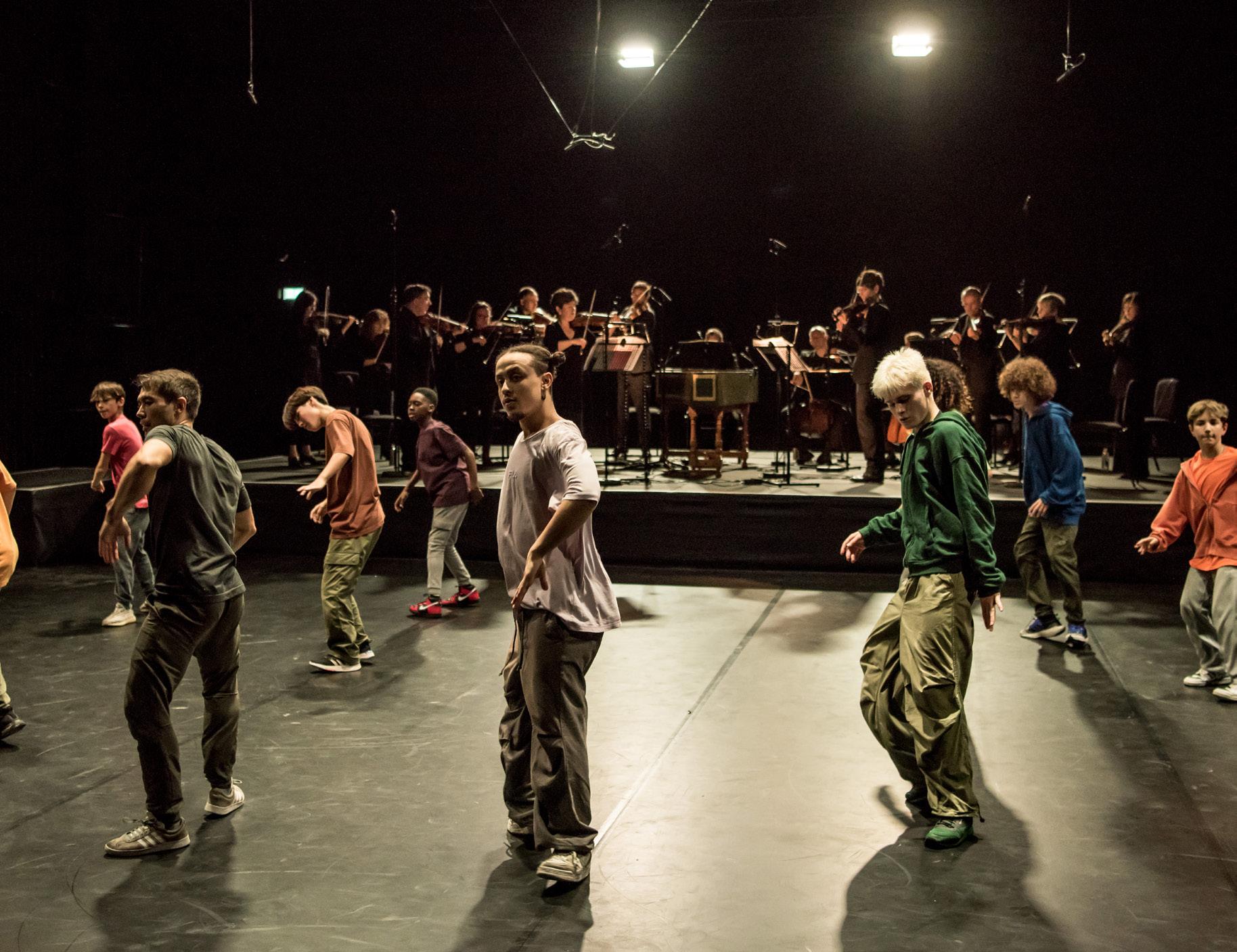


Gramophone has been the world’s leading authority on classical music since 1923. With 13 issues a year, every edition will enrich your classical music knowledge with more than 100 expert reviews of the latest recordings, plus in-depth artist interviews and features about composers past and present.
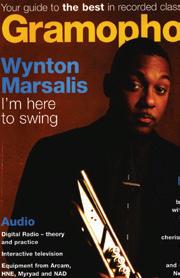






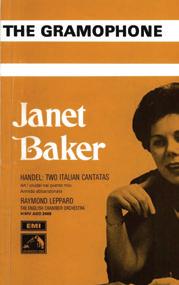
























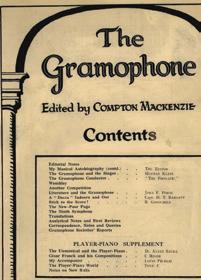









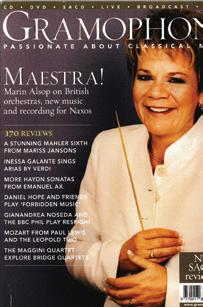







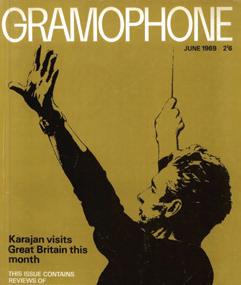








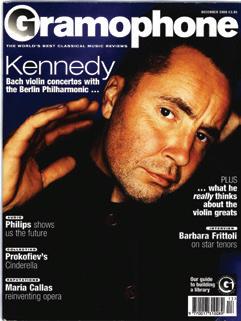








Our subscribers enjoy:




13 new print issues throughout the year, delivered direct to your door
13 new digital issues each year, available to read on your digital devices


Access to our complete digital archive, containing every issue of Gramophone over the past century
50,000+ recording reviews in our searchable online database, bringing you the best new releases and recommended recordings of classic works





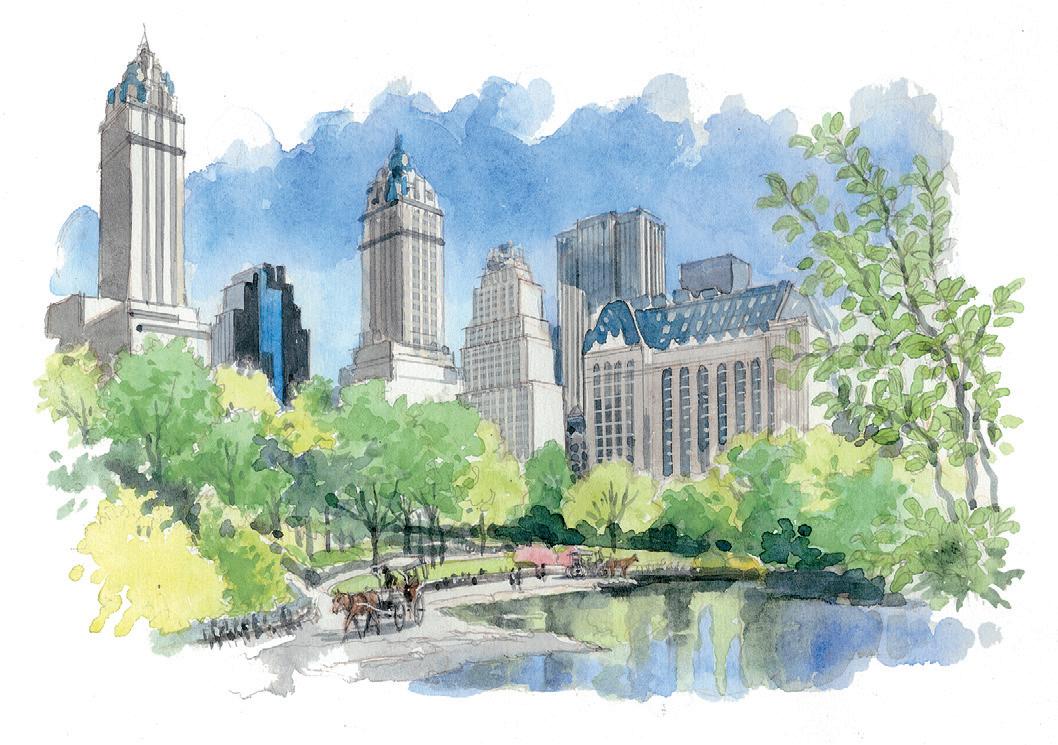



In 1986, a group of inquisitive London musicians took a long hard look at that curious institution we call the Orchestra, and decided to start again from scratch. They began by throwing out the rulebook. Put a single conductor in charge? No way. Specialise in repertoire of a particular era?
Too restricting. Perfect a work and then move on? Too lazy.
The Orchestra of the Age of Enlightenment was born.
And as this distinctive ensemble playing on period-specific instruments began to get a foothold, it made a promise to itself. It vowed to keep questioning, adapting and inventing as long as it lived. Residencies at the Southbank Centre and the Glyndebourne Festival didn’t numb its experimentalist bent. A major record deal didn’t iron out its quirks. Instead, the OAE examined musical notes with ever more freedom and resolve.
That creative thirst remains unquenched. The Night Shift series of informal performances are redefining concert formats. Its former home at London’s Kings Place has fostered further diversity of planning and music-making. The ensemble has formed the bedrock for some of Glyndebourne’s most ground-breaking recent productions.

In keeping with its values of always questioning, challenging and trailblazing, in September 2020, the OAE became the resident orchestra of Acland Burghley School, Camden. The residency – a first for a British orchestra – allows the Orchestra of the Age of Enlightenment to live, work and play amongst the students of the school.
Now more than thirty years old, the OAE is part of our musical furniture. It has even graced the outstanding conducting talents of John Butt, Elder, Adam Fischer, Iván Fischer, Jurowski, Rattle and Schiff with a joint title of Principal Artist. But don’t ever think the ensemble has lost sight of its founding vow. Not all orchestras are the same. And there’s nothing quite like this one.
Andrew Mellor

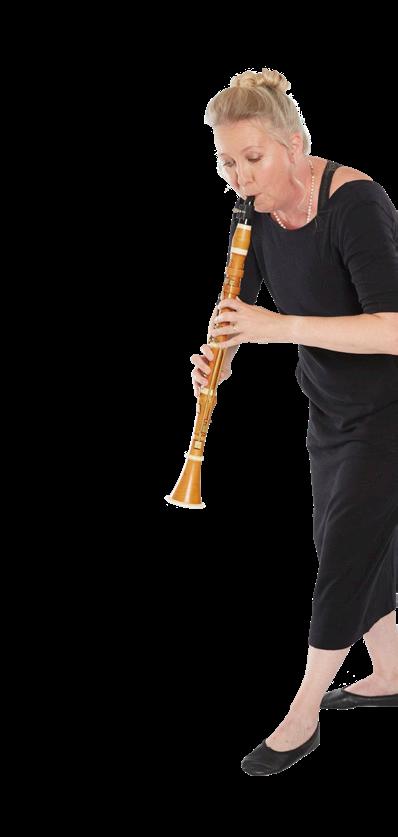
Chief Executive
Crispin Woodhead
Chief Operating Officer
Edward Shaw
Development Director
Harry Hickmore
Education Director
Cherry Forbes
Marketing Director
Doug Buist
Projects Director
Jo Perry
Head of Digital Content
Zen Grisdale
Acting Projects Director
Sophie Adams
Finance Manager
Malik Akash
Head of Individual Giving
Hattie Rayfield-Williams
Head of Grants
Madison Hallworth
Ticketing & Data Manager
Paola Rossi
Acting Projects Manager
Ed Ault
Accounts Officer
Chloe Tsang
Development Officer
Luka Lah
Education Officer
Andrew Thomson
Marketing Officer
Dora Tsang
Projects Officer
Sofia Swenson-Wright
Orchestra Consultant
Philippa Brownsword
Choir Manager
David Clegg
Librarian
Roy Mowatt
Leaders
Huw Daniel
Kati Debretzeni
Margaret Faultless
Matthew Truscott
Players’ Artistic Committee
Adrian Bending
Cecelia Bruggemeyer
Andrew Roberts
Katherine Spencer
Christine Sticher
Principal Artists
John Butt
Sir Mark Elder
Adam Fischer
Iván Fischer
Vladimir Jurowski
Sir Simon Rattle
Sir András Schiff

Emeritus Conductors
William Christie
Sir Roger Norrington
Life President
Sir Martin Smith
Board of Directors
Imogen Charlton-Edwards [Chair]
Daniel Alexander
Adrian Bending
Cecelia Bruggemeyer
Denys Firth
Adrian Frost
Alison McFadyen
David Marks
Rebecca Miller
Andrew Roberts
Katherine Spencer
Christine Sticher
Dr. Susan Tranter
Crispin Woodhead
OAE Trust
Adrian Frost [Chair]
Mark Allen
Imogen Charlton-Edwards
Paul Forman
Jessica Kemp
Steven Larcombe
Rupert Sebag-Montefiore
Maarten Slendebroek
Sir Martin Smith
Caroline Steane

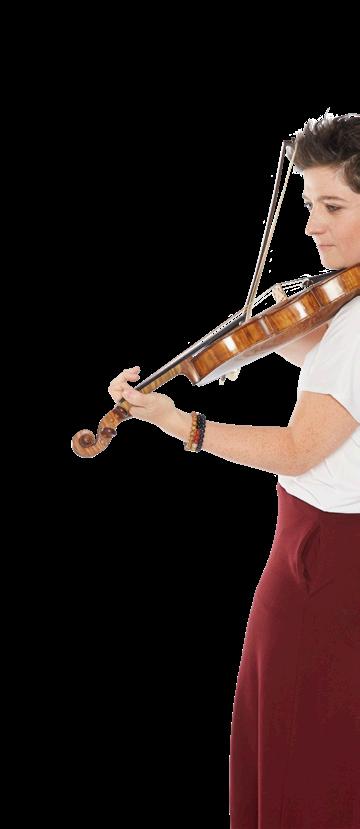
Principal Patrons
John Armitage Charitable Trust
Imogen Charlton-Edwards
Denys and Vicki Firth
Adrian Frost
Sir Martin and Lady Smith OBE
Dr Tony Trapp MBE
Season Patrons
Julian and Annette Armstrong
Nigel Jones and Françoise Valat-Jones
Philip and Rosalyn Wilkinson
Mark and Rosamund Williams
Project Patrons
Victoria and Edward Bonham Carter
Ian S Ferguson CBE and Dr Susan Tranter
Bruce Harris
Selina and David Marks
ABS Circle
Mark and Susan Allen
Sir Victor and Lady Blank
The Vernon Ellis Foundation
Peter Cundill Foundation
Sir Martin and Lady Smith OBE
Aria Patrons
Joanna and Graham Barker
Steven Larcombe
Peter and Veronica Lofthouse
Stanley Lowy
Alison McFadyen
Gary and Nina Moss
Stephen and Penny Pickles
Rupert Sebag-Montefiore
Maarten and Taina Slendebroek
Caroline Steane
Eric Tomsett
Chair Patrons
Daniel Alexander KC
– Principal Cello
Mrs Nicola Armitage
– Education Director
Katharine Campbell
– Violin
Anthony and Celia Edwards
– Principal Oboe
Claire Espiner
– Cello
James Flynn KC
– Co-Principal Lute / Theorbo
Paul Forman
– Co-Principal Cello, Violin & Co-Principal Horn
Jonathan Gaisman
– Viola
Andrew Green KC and Jennifer Hirschl
– Principal Clarinet
Melanie J. Johnson
Michael and Harriet Maunsell
– Principal Keyboard
Christina M
– Flute
Jenny and Tim Morrison
– Second Violin
Andrew Nurnberg
– Co-Principal Oboe
Professor Richard Portes
CBE FBA
– Co-Principal Bassoon
John and Rosemary Shannon
– Principal Horn
Sue Sheridan OBE
– Education
Sir Timothy and Lady Lloyd
Susan Palmer OBE
Andrew and Cindy Peck
Professor Richard Portes
CBE FBA
Damaris Albarrán
Noël and Caroline Annesley
Sir Richard Arnold and Mary Elford
William Barham
Lady Sarah Bowness
George and Kay Brock
David and Marilyn Clark
David Emmerson
Jonathan Parker Charitable Trust
Lorna Graddon
Roger Heath MBE and Alison Heath MBE
Peter and Sally Hilliar
Philip Hughes
Kristin Konschnik
Kathryn Langridge
Moira and Robert Latham
Sir Timothy and Lady Lloyd
Roger Mears and Joanie Speers
David Mildon in memory of Lesley Mildon
John Nickson and Simon Rew
Andrew and Cindy Peck
Tim Rhys-Morgan
Peter Rosenthal
Michael Spagat
Emily Stubbs and Stephen McCrum
Roger and Pam Stubbs
Simon and Karen Taube
Shelley von Strunckel
Mr J Westwood
Marina Abel Smith
Marianne and William Cartwright-Hignett
Harry Hickmore
Dr Jacob Mallinson Bird
Jessica Kemp and Alex Kemp
Breandán Knowlton
Michael Brecknell
Gerard Cleary
Mr and Mrs C Cochin De Billy
Chris Gould
Alison and Ian Lowdon
Haylee and Michael Bowsher
Tony Burt
Christopher Campbell
Sir Anthony and Lady Cleaver
David Cox
Stephen and Cristina Goldring
Rachel and Charles Henderson
Malcolm Herring
Patricia Herrmann
Rupert and Alice King
Anthony and Carol Rentoul
Stephen and Roberta Rosefield
Bridget Rosewell
David and Ruth Samuels
Susannah Simons
Her Honour Suzanne Stewart
Bronze Friends
Tony Baines
Penny and Robin Broadhurst
Graham and Claire Buckland
Dan Burt
Michael A Conlon
Mrs SM Edge
Mrs Mary Fysh
Mr Simon Gates
Martin and Helen Haddon
Ray and Liz Harsant
The Lady Heseltine
Mrs Auriel Hill
Rose and Dudley Leigh
Julian Markson
Stuart Martin
Richard I Morris Jr
Mike Raggett
Hugh Raven
Alan Sainer
Matthew and Sarah Shorter
Mr and Mrs Tony Timms
Mrs Joy Whitby
David Wilson

The Britford Bridge Trust
Dreamchasing
The Foyle Foundation
Henocq Law Trust
John Lyon’s Charity
The Linbury Trust
Paul Hamlyn Foundation
Skyrme Hart Charitable Trust
Steel Charitable Trust
The 29th May 1961 Charity
Albert and Eugenie Frost Music Trust
Apax Foundation
The Brian Mitchell Charitable Settlement
The Charles Peel Charitable Trust
The de Laszlo Foundation
Fenton Arts Trust
Harold Hyam Wingate Foundation
Idlewild Trust
Orchestras Live
The Patrick Rowland Foundation
Thriplow Charitable Trust
The Vintners’ Company
Supporters
Mark Allen Group
Champagne Deutz
Swan Turton
WSP
Honorary Council
Sir Martin Smith [Chair]
Sir Victor Blank
Edward Bonham Carter
Cecelia Bruggemeyer
Nigel Jones
Max Mandel
Marshall Marcus
Julian Mash
Greg Melgaard
Roger Montgomery
Susan Palmer OBE
Jan Schlapp
Diane Segalen
Susannah Simons
Lady Smith OBE
Emily Stubbs
Rosalyn Wilkinson
Mark Williams
Thank you to all supporters who wish to remain anonymous.
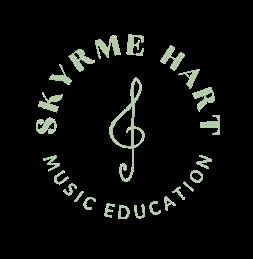
A programme to involve, empower and inspire
The Fairy Queen, featured in the OAE’s Season at the Southbank Centre in January 2024, stands as our latest community opera project. On stage, the OAE collaborated with performers from Camden and our national residencies, showcasing a diverse group of individuals with varying abilities united in the celebration of the collective power of music-making. We had dancers and musicians from Acland Burghley, a primary choir made up of students from three of our Camden partner primary schools.
Our journey with The Fairy Queen began with smaller concert versions, evolving from TOTS Spin, Spin a Story to adaptations for different Key Stages and Special Needs settings. Building on the success of The Moon Hares at the Queen Elizabeth Hall in November 2022, we expanded our existing Fairy Queen projects into a comprehensive community opera featuring the OAE,
three solo singers, a narrator, three primary schools, musicians, and dancers from two secondary schools, along with a community choir.
Hazel Gould and James Redwood once again wove their creative magic, seamlessly blending the story of Shakespeare and music of Purcell into a new narrative.
In a November 2023 pilot, we presented a concert version in Ipswich with students from Northgate High School, and these students subsequently joined us on stage, bringing the full community opera to the Queen Elizabeth Hall.
Buoyed by the positive reception and successful culmination, we are now embarking on the planning phase to take this magical opera to our national residencies over the next two years, collaborating with our existing national partners and communities.
“It was a lifetime opportunity and overwhelming... but in a good way!”
PRIMARY PARTICIPANT
“What an incredible experience last night was. It was so exciting, immediate, funny, engaging that I feel compelled to share with you how much I enjoyed it. To see so many young people part of such a top quality production makes your heart dance with excitement. I don’t think I’ve ever felt so connected to the collaboration between a live classical score and a dance piece.”
ABS PARENT

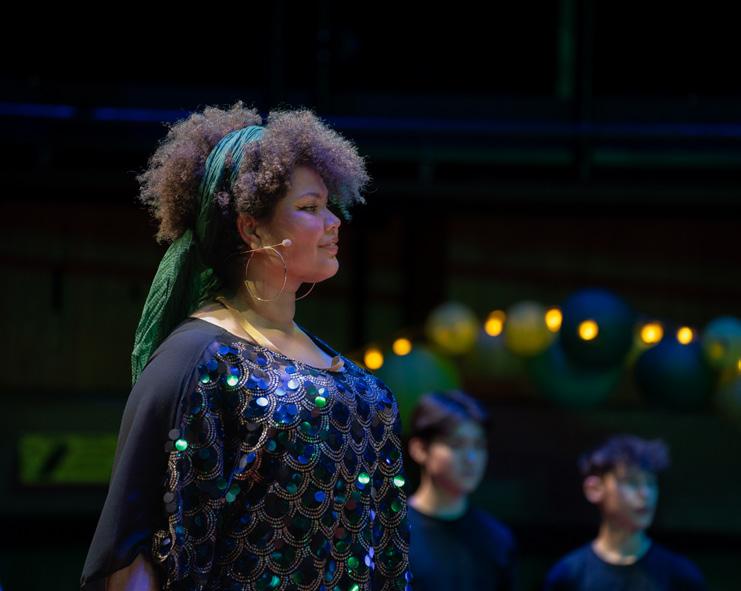

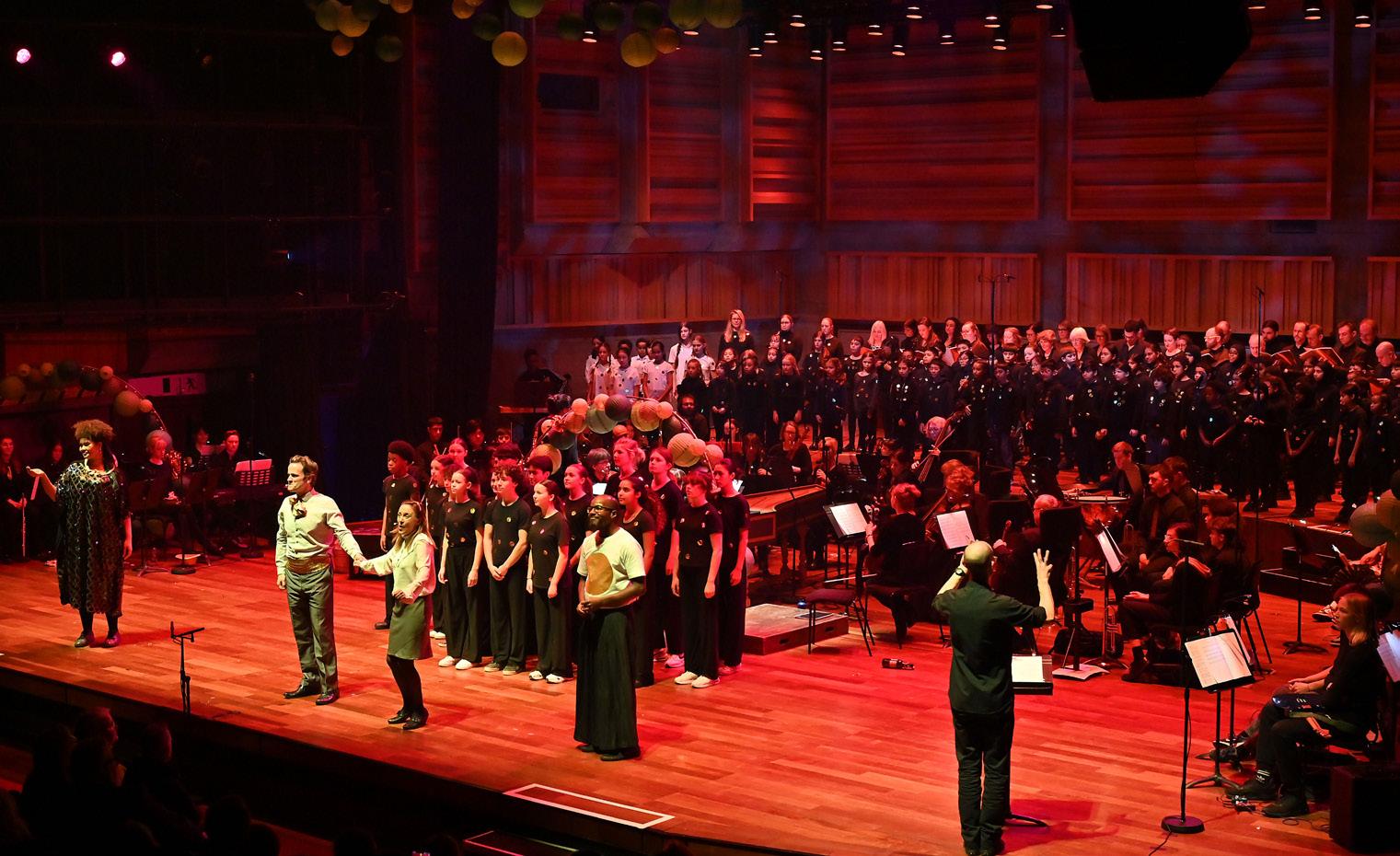
In September 2020, we took up permanent residence at Acland Burghley School in Tufnell Park, north London. The residency – a first for a British orchestra – allows us to live, work and play amongst the students of the school.
The school isn’t just our landlord or a physical home. Instead, it allows us to build on 20 years of work in the borough through OAE’s long-standing partnership with Camden Music. Our move underpins our core Enlightenment mission of universal engagement, of access without frontiers. Our regular programme of activity at Acland Burghley includes ‘Encounter Sessions’ introducing the Orchestra to each new Year 7 cohort, workshops for GCSE music and dance students, and our Musical Connections and Ground Base initiatives supporting students with special educational needs and disability. We will be closely involved in delivering the new Government T Level qualifications.
The value of our residency in Acland Burghley School is realised in many ways beyond the immediate practice of orchestral musicianship. One of the key objectives is to lift aspirations and broaden horizons for life beyond the school. We want to help students leave school with richer CVs and stronger professional aspirations. One great way to do that is to mentor the next generation in all those things we have learned as an organisation. This part of our mission captured the imagination of Dreamchasing, Sir Ron Dennis’ charitable foundation, who generously fund our Dreamchasing Young Producers programme – a group of young people acquiring skills in management and production from budgeting to camera
operation. You may have seen the costumes some of them designed for our performances of Princess Ida in June… and keep an eye out for them in the foyer during tonight’s event!
Life at Acland Burghley will also influence our artistic development. Last summer we began work on our Breaking Bach project. An ensemble of eight talented hip-hop dancers worked with internationally renowned choreographer Kim Brandstrup on a new work inspired by Bach’s Double Violin Concerto. The first phase culminated in a triumphant showcase performance at English National Ballet’s Mulryan Centre for Dance on 9 October and its future life will see it develop into a full scale OAE production.
Alexander Parry
Anastasia
Giampoulaki
Armin Eorsi
Arthur Amidon
Arthur Shevlin
Colin Keppler
Daniel Miliband
Daniel Wilton-Ely
Dimitris
Zamenopoulos
Filip Kounoupas
Prastalo
Harvey O’Brien
Ines Whitaker
Iremide Onibonoje
Jaeden Ferritto
Jessica SextonSmith
Laurie WilkinsonWest
Leonard Benoliel
Louis MadelaineRose
Louis Schroell-Tite
Mikey Hau
Mischa Masters
Nathan Kilby
Raph DavidDickens
Rafi Quayeem
Rowan Thomas
Sacha Cross
Sophia Vainshtok
Tamila Saienchuk
Tom Cohen
Zain Sikand


Introduction to the Orchestra for Year 7, September 2023
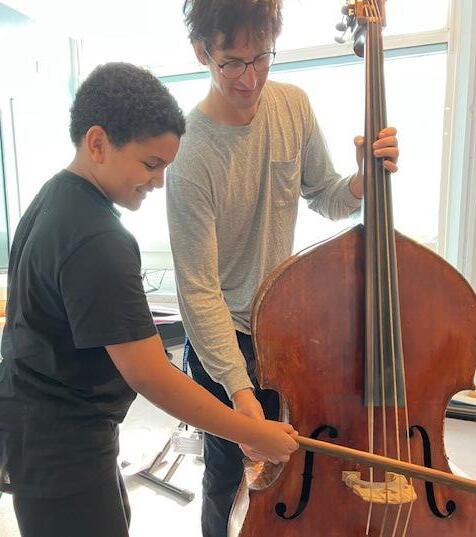
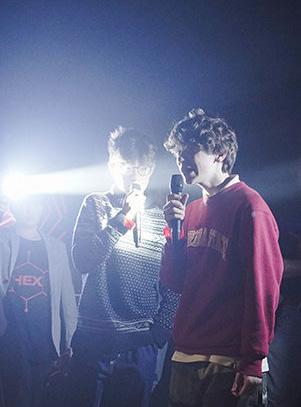
Live at the Hex produced by the Dreamchasing Young Producers

Students from Acland Burghley School making costumes for our Princess Ida production, June 2023

Dreamchasing Young Producers behind-the-scenes
We’re the largest arts centre in the UK and one of the nation’s top visitor attractions, showcasing the world’s most exciting artists at our venues in the heart of London. We’re here to present great cultural experiences that bring people together, and open up the arts to everyone.
The Southbank Centre is made up of the Royal Festival Hall, Queen Elizabeth Hall, Purcell Room, Hayward Gallery, National Poetry Library and Arts Council Collection. We’re one of London’s favourite meeting spots, with lots of free events and places to relax, eat and shop next to the Thames.
We hope you enjoy your visit. If you need any information or help, please ask a member of staff. You can also write to us at Southbank Centre, Belvedere Road, London SE1 8XX, or email hello@southbankcentre.co.uk
Subscribers to our email updates are the first to hear about new events, offers and competitions. Just head to our website and sign up.
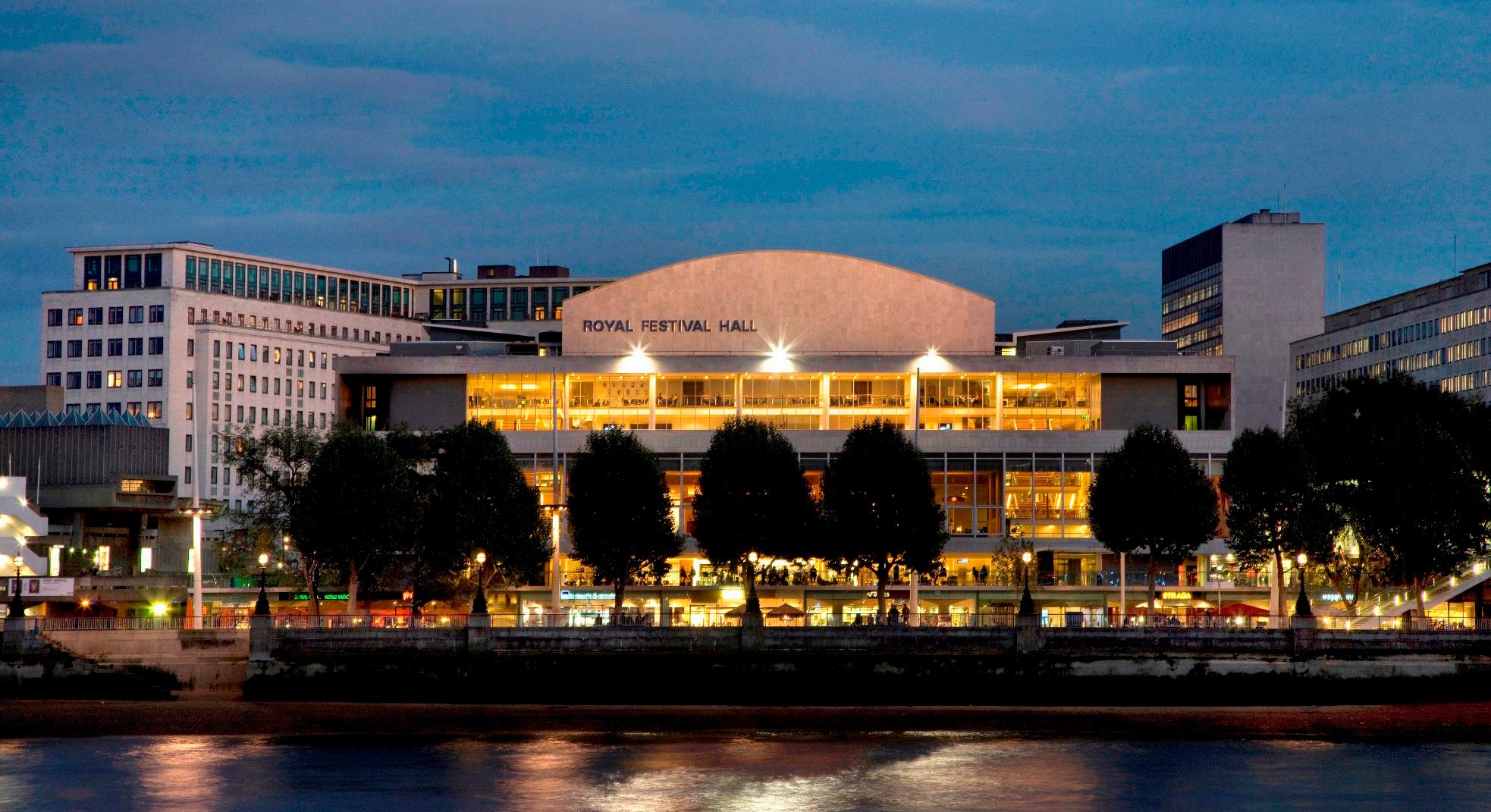

Without the generosity of our Friends, the OAE would not exist.
When you become an OAE Friend, you join us in bringing great music to life. We then give you a front-row and behind-the-scenes view of our work, so that you can see the impact that your donation really makes. This includes supporting our ambitious season of concert performances, digital productions on OAE Player, improving access to music through our Education programme, and our community work at Acland Burghley School.
Whether you wish to watch the rehearsals or get to know the players, a Friends membership offers a heightened OAE concert-going experience and allows you to support the orchestra you love. With your help, we can keep the music playing.
Become a Friend for as little as £50 a year and receive the following benefits:
• Priority booking
• Access to open rehearsals
• Get to know the players
• Regular updates from the orchestra.
To become a Friend, scan the QR code, visit oae.co.uk/support-us or contact us at development@oae.co.uk or 020 8159 9317

Strike out on more adventures with tunes and rhythms from the Baroque era.
Tickets are just £4 for tots and £12 for grown-ups and are available on our website.
10.30am & 12.00 noon Sunday 29 June
Royal Festival Hall
Join us as we explore the world around us in our lively concerts for 2 – 5 year olds and their grown ups. Be sure to bring your clapping hands, your singing voices and of course your stamping feet!
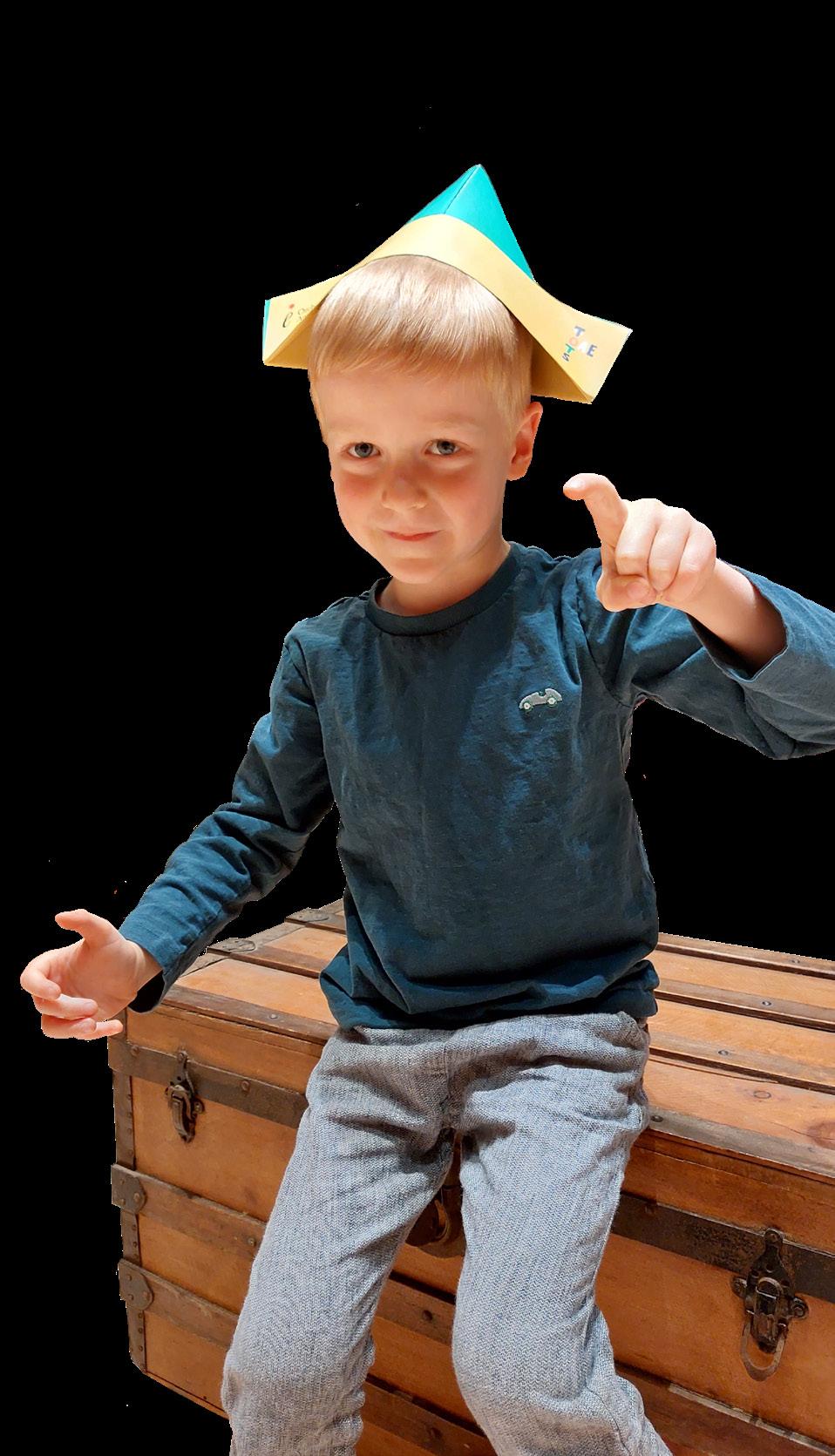
BEGINNINGS AND ENDINGS at the Southbank Centre
27 March
BACH: Easter Oratorio with Peter Whelan (director)
3 April
SIBELIUS: Symphony No. 5 with Maxim Emelyanychev (conductor)
for 2–5 year olds with their parents or carers at the Southbank Centre
29 June
Let’s Go on an Adventure!
Chamber music down a local pub
19 March, Brixton
The Blues Kitchen
14 May, Chalk Farm
The Fiddler’s Elbow
at Kings Place
Mission: to explore our place in the cosmos guided by the intergalactic genius of JS Bach. Each monthly event features one of Bach’s cantatas, and other choral and instrumental works, alongside a talk by an eminent astronomer.
Guest speakers include Stuart Clark (author of Beneath the Night).






Wednesday 27 March, 7.00pm
Southbank Centre’s Queen Elizabeth Hall

Olivier Award-winner Peter Whelan directs Bach’s Easter Oratorio, a piece that packs a breathtaking mix of public celebration, personal devotion and tight psychological drama.
Bach’s Easter music offers a joyous contrast to the intense grief of the Passions. The sombre, penitential tones are immediately conquered by the burst of trumpets, timpani and resounding alleluias of thanks.
The Easter Oratorio, composed in 1725, is an extended cantata that displays Bach’s consummate skill as a storyteller. The dash of running feet, the uncertainty of the empty tomb and the adrenalin rush of realising Jesus has risen from the dead are all brought vivdly to life through his infinite musical invention. After a boisterous opening, we are pitched into the drama of the disciples – represented by the quartet of soloists – with heartfelt arias for the two Marys and Peter reflecting on their fears and hopes.
Madison Nonoa soprano
Rebecca Leggett mezzo-soprano
Ruairi Bowen tenor
Malachy Frame baritone
Choir of the Age of Enlightenment
Peter Whelan director
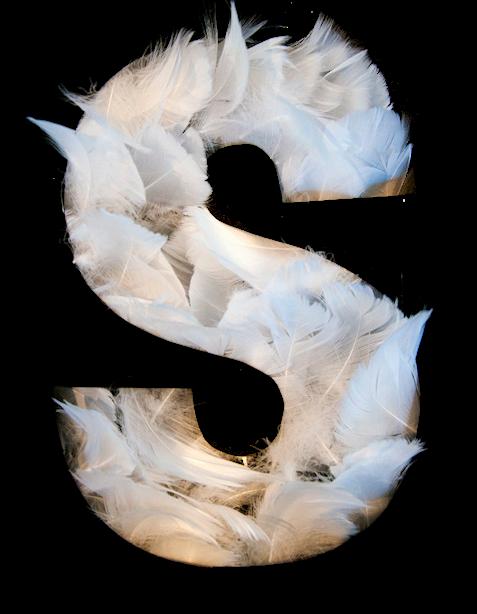




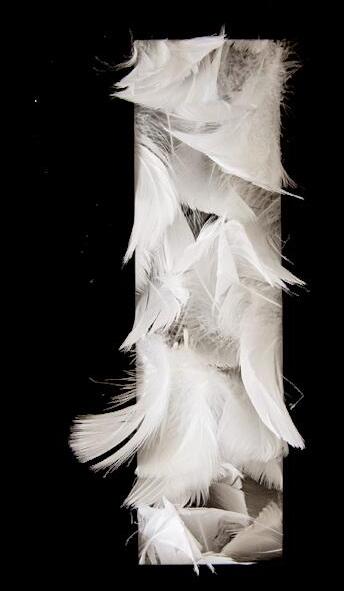

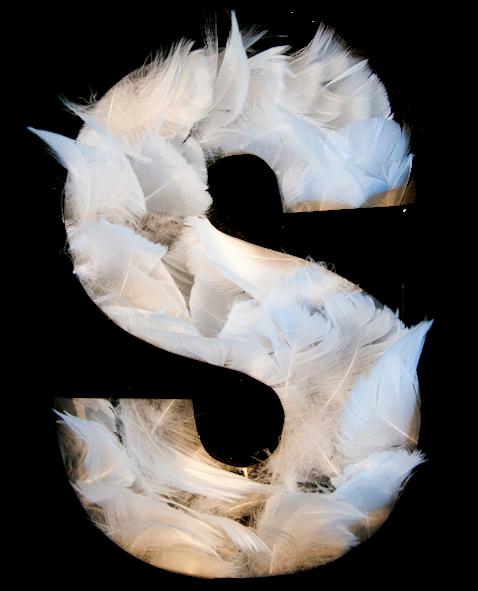
Wednesday 3 April, 7.00pm
Southbank Centre’s Royal Festival Hall
We continue our daring quest towards the borderline between Romanticism and Modernism. We team up again with conductor Maxim Emelyanychev in a programme crowned by Sibelius’ awe-inspiring Symphony No. 5.
Sibelius is without doubt one of the Last Romantics. Along with his younger contemporary Rachmaninov, he kept faith with the common building blocks of music in the latter half of the 19th Century well into the 20th. But both had a non-conformist streak and began to find ways to move away from the prevailing styles of their time. In tonight’s concert we put four ‘romantic’ pieces under the microscope of the OAE’s historically informed performance practice to look at how their composers probing for a native identity led to a quiet radicalism.
Maxim Emelyanychev conductor





